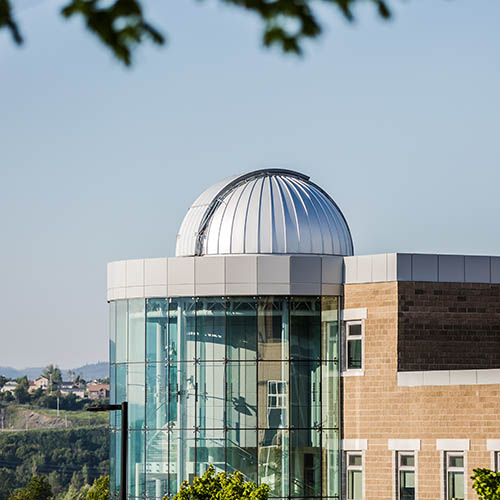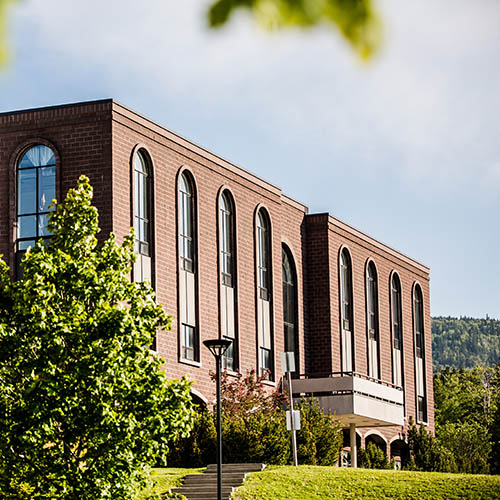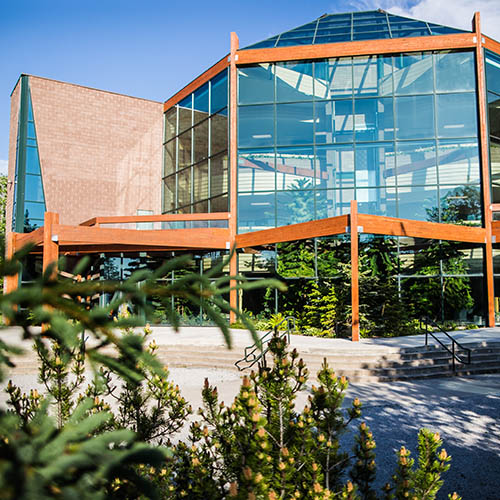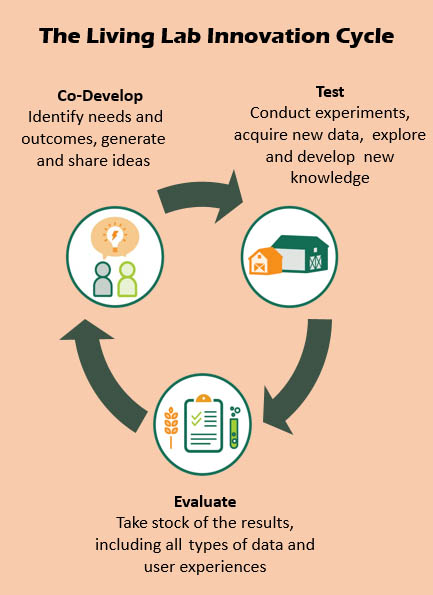Research Report: 2021
▼ Choose a report:

Powered by Research & Graduate Studies

Powered by Arts and Social Science

Powered by Fine Arts

Powered by Science and the Environment


The Agricultural Climate Solutions Living Lab for Newfoundland and Labrador (LL-NL) aims to address soil carbon (C) sequestration and mitigate greenhouse gas (GHG) emissions.
The living lab, a partnership of the Newfoundland and Labrador Federation of Agriculture (NLFA) and Grenfell Campus, Memorial University, aims to work with farmers and producers at their fields to co-develop or co-design beneficial management practices (BMPs) to mitigate GHG emissions and C sequestration. It is a collaboration between producers, scientists, government and other stakeholders. Producers will include Indigenous and Inuit communities in regions of the province. To engage with Indigenous and Inuit communities, relationship building and consultations will be tailored to align with the values and recommendations from such leaders.
The project's core principles include:
Beneficial management practices proposed for the living lab were identified following the living innovation approach, which emphasizes co-development and focusing on farmers' needs. Producers and researchers identified management practices that would be the basis for the scientific studies for the living lab, including:
"These practices have potential to add organic matter, reduce GHG emissions and improve nitrogen use efficiency in vegetable (potato) and forage production systems," said Dr. Mumtaz Cheema, principal investigator. "The living lab also offers an opportunity to evaluate selected BMPs along with socio-economic considerations."
He said a successful living lab depends on a transdisciplinary approach: co-designing and co-developing BMPs with producers/farmers/participants, as well as monitoring, evaluation, and/or research on working landscapes. These components are fundamental to this process and integrated into the vision of this proposal.
A key aspect of the project is to identify cereal legume cover crop mixtures that have the potential to improve biomass/productivity, weed suppressions and nitrogen use efficiency in forage and vegetable production systems. The assessments of soil health and economic viability will inform producers' decisions to test, or ultimately adopt, these BMPs.
The living lab aims to establish a collaboration hub in Newfoundland to support an evolving and aspiring agriculture industry with the following objectives:
"The partners place farmers at the centre," said Dr. Cheema, adding that the project is organized so knowledge produced on farms will be transferred to the neighbour farmers, enabling further development of solutions that are adapted to their region. "The expectation is that multiple sites throughout the province will ensure participation and knowledge sharing between project members, accelerating the adoption of more sustainable and environmentally friendly practices."